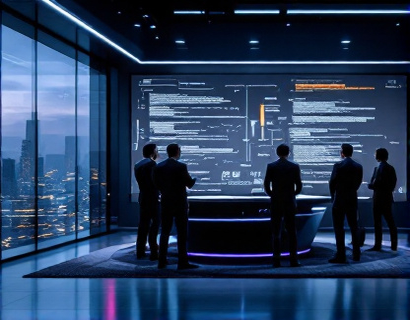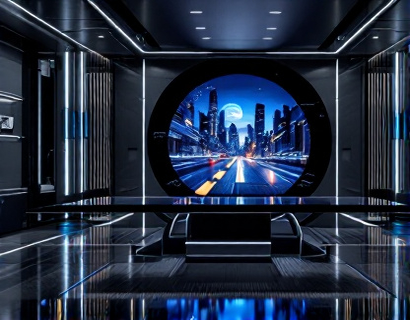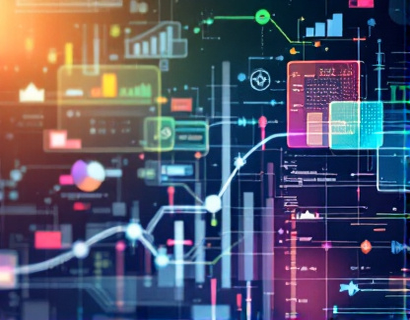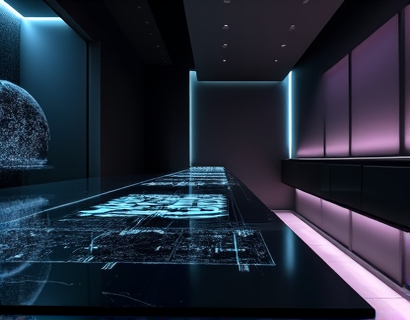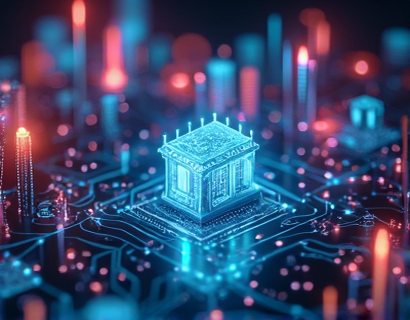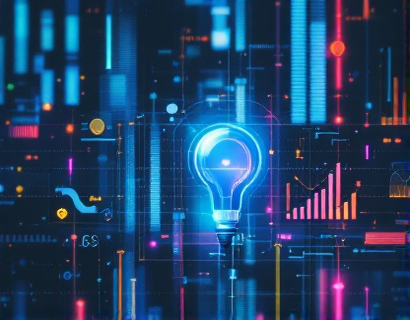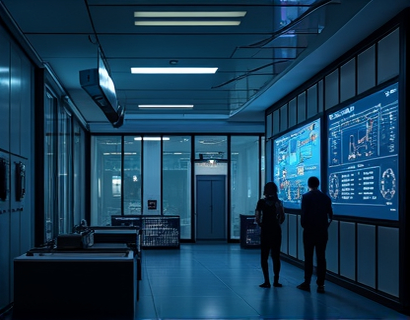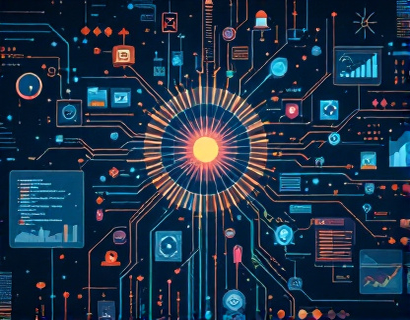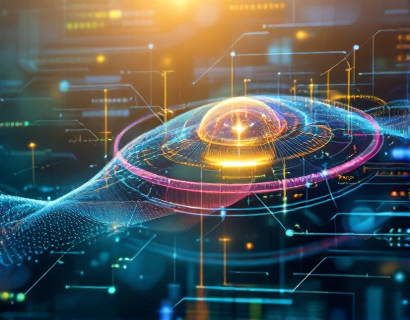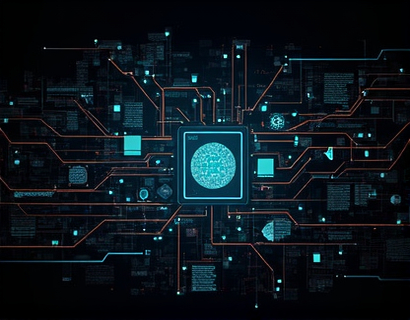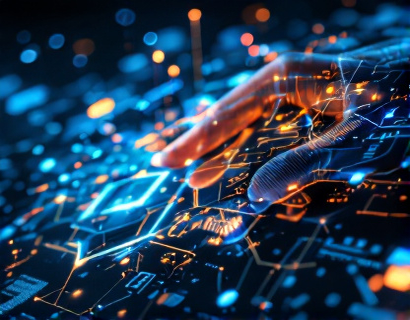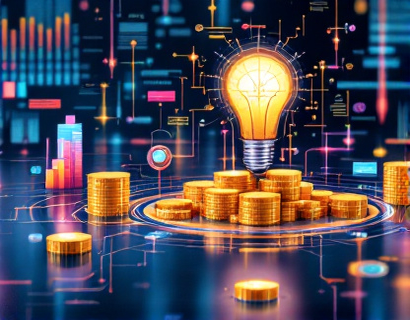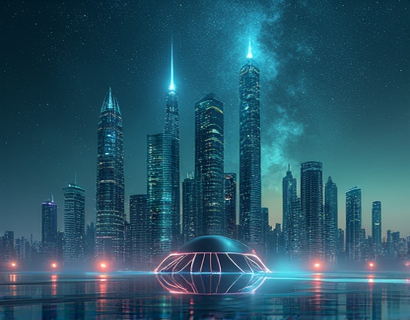Innovations Through Time: Exploring the Evolution of Groundbreaking Ideas and Creations
The journey of human creativity and innovation is a remarkable tale that spans thousands of years. From the earliest tools crafted by our ancestors to the sophisticated technologies of today, the evolution of groundbreaking ideas has profoundly impacted society. This comprehensive guide delves into the transformative journey of human ingenuity, celebrating the milestones that have shaped our world and inspiring future inventors and enthusiasts to explore, learn, and innovate.
The Dawn of Innovation: Ancient Breakthroughs
Innovation began in the prehistoric era when early humans developed tools to aid in their survival. The creation of stone tools marked a significant turning point, allowing our ancestors to hunt, gather, and process food more efficiently. These rudimentary inventions laid the foundation for future advancements, demonstrating the innate human desire to improve and adapt.
As civilizations emerged, so did more complex innovations. The invention of the wheel around 3500 BC revolutionized transportation and trade, enabling goods to be moved more efficiently across distances. This simple yet profound idea catalyzed further developments in engineering and mechanics, leading to the construction of roads and vehicles that would shape human interaction.
The Age of Discovery: Renaissance and Enlightenment
The Renaissance, spanning the 14th to the 17th century, was a period of remarkable creativity and innovation. Artists, scientists, and thinkers began to challenge traditional beliefs, leading to groundbreaking discoveries. The invention of the printing press by Johannes Gutenberg in the 15th century transformed the dissemination of knowledge, making books more accessible and fostering literacy across Europe.
During the Enlightenment, the scientific method gained prominence, encouraging systematic experimentation and observation. Innovators like Isaac Newton and Galileo Galilei made significant contributions to physics and astronomy, laying the groundwork for modern science. Their ideas not only advanced human understanding of the universe but also inspired future generations to question, explore, and innovate.
The Industrial Revolution: A Turning Point
The Industrial Revolution, which began in the late 18th century, marked a seismic shift in human innovation. The introduction of machinery and mass production transformed industries, leading to unprecedented economic growth and urbanization. Innovations such as the steam engine, developed by James Watt, revolutionized transportation and manufacturing, enabling goods to be produced on a scale never before imagined.
This era also saw the rise of electrical innovations, with inventors like Thomas Edison and Nikola Tesla paving the way for the electrification of society. Edison's invention of the practical electric light bulb in 1879 illuminated homes and streets, fundamentally changing daily life. Meanwhile, Tesla's work on alternating current (AC) power systems laid the foundation for modern electrical grids, showcasing the profound impact of innovation on society.
The 20th Century: A Technological Explosion
The 20th century witnessed an explosion of technological advancements that transformed every aspect of life. The invention of the telephone by Alexander Graham Bell in 1876 revolutionized communication, shrinking the world and connecting people like never before. This was followed by the development of radio and television, which changed the way information was shared and consumed.
The advent of computers in the mid-20th century marked another significant milestone. Initially developed for military and scientific purposes, computers quickly found their way into businesses and homes. The introduction of personal computers in the 1970s and 1980s democratized access to technology, empowering individuals and fostering a new wave of innovation.
As the century progressed, the internet emerged as a groundbreaking innovation that would redefine communication, commerce, and information sharing. The World Wide Web, developed by Tim Berners-Lee in 1989, opened up a vast digital landscape, enabling global connectivity and collaboration. This technological revolution has had a profound impact on society, shaping how we interact, learn, and conduct business.
Modern Marvels: Innovations of the 21st Century
The 21st century has ushered in an era of rapid innovation, characterized by advancements in artificial intelligence, biotechnology, and renewable energy. The rise of smartphones has transformed communication and access to information, placing powerful computing capabilities in the hands of billions. Mobile applications have revolutionized industries, from transportation to healthcare, creating new opportunities and challenges.
Artificial intelligence (AI) has emerged as a transformative force, with applications ranging from autonomous vehicles to personalized medicine. Machine learning algorithms are enabling computers to analyze vast amounts of data, leading to breakthroughs in various fields, including finance, healthcare, and education. As AI continues to evolve, it raises important ethical questions about the future of work and human interaction.
Biotechnology is another area experiencing rapid innovation, with advancements in genetic engineering and synthetic biology. The development of CRISPR technology has revolutionized gene editing, offering the potential to cure genetic diseases and improve agricultural practices. These innovations hold the promise of addressing some of the world's most pressing challenges, from food security to healthcare.
The Role of Innovation in Society
Throughout history, innovation has played a crucial role in shaping society. It has driven economic growth, improved living standards, and enhanced our understanding of the world. However, innovation also brings challenges, including ethical dilemmas and societal disruptions. As we navigate the complexities of modern innovation, it is essential to consider its impact on individuals and communities.
Education and collaboration are vital in fostering a culture of innovation. By encouraging curiosity and creativity, we can inspire future generations to explore new ideas and push the boundaries of what is possible. Initiatives that promote STEM (science, technology, engineering, and mathematics) education are essential in equipping young minds with the skills needed to thrive in an increasingly complex world.
Inspiring Future Innovators
The rich history of human ingenuity serves as a source of inspiration for aspiring inventors and innovators. By studying the breakthroughs of the past, we can learn valuable lessons about creativity, perseverance, and the importance of collaboration. The stories of inventors who faced challenges and setbacks remind us that innovation is often a journey filled with obstacles.
Encouraging a mindset of exploration and experimentation is crucial in nurturing future innovators. Providing opportunities for hands-on learning, mentorship, and access to resources can empower individuals to pursue their passions and contribute to the world of innovation. Community initiatives, maker spaces, and innovation hubs can serve as platforms for collaboration and creativity, fostering a vibrant ecosystem of ideas.
The Future of Innovation
As we look to the future, the pace of innovation is likely to accelerate. Emerging technologies such as quantum computing, blockchain, and advanced robotics hold the potential to reshape industries and redefine our understanding of what is possible. However, with these advancements come important considerations regarding ethics, privacy, and the impact on society.
Collaboration across disciplines will be essential in addressing the challenges and opportunities presented by future innovations. By bringing together diverse perspectives and expertise, we can create solutions that are not only technologically advanced but also socially responsible. The future of innovation will require a commitment to sustainability, inclusivity, and ethical considerations, ensuring that advancements benefit all of humanity.
Conclusion: Celebrating Human Ingenuity
The evolution of groundbreaking ideas and creations is a testament to the power of human creativity and innovation. From ancient tools to modern technologies, each innovation has contributed to the rich tapestry of human history. As we celebrate the milestones of the past, we must also embrace the challenges and opportunities of the future.
By fostering a culture of curiosity, collaboration, and exploration, we can inspire the next generation of inventors and innovators. The journey of innovation is ongoing, and it is up to us to continue pushing the boundaries of what is possible. Together, we can shape a future that reflects the best of human ingenuity, creating a world that is not only technologically advanced but also equitable and sustainable.





